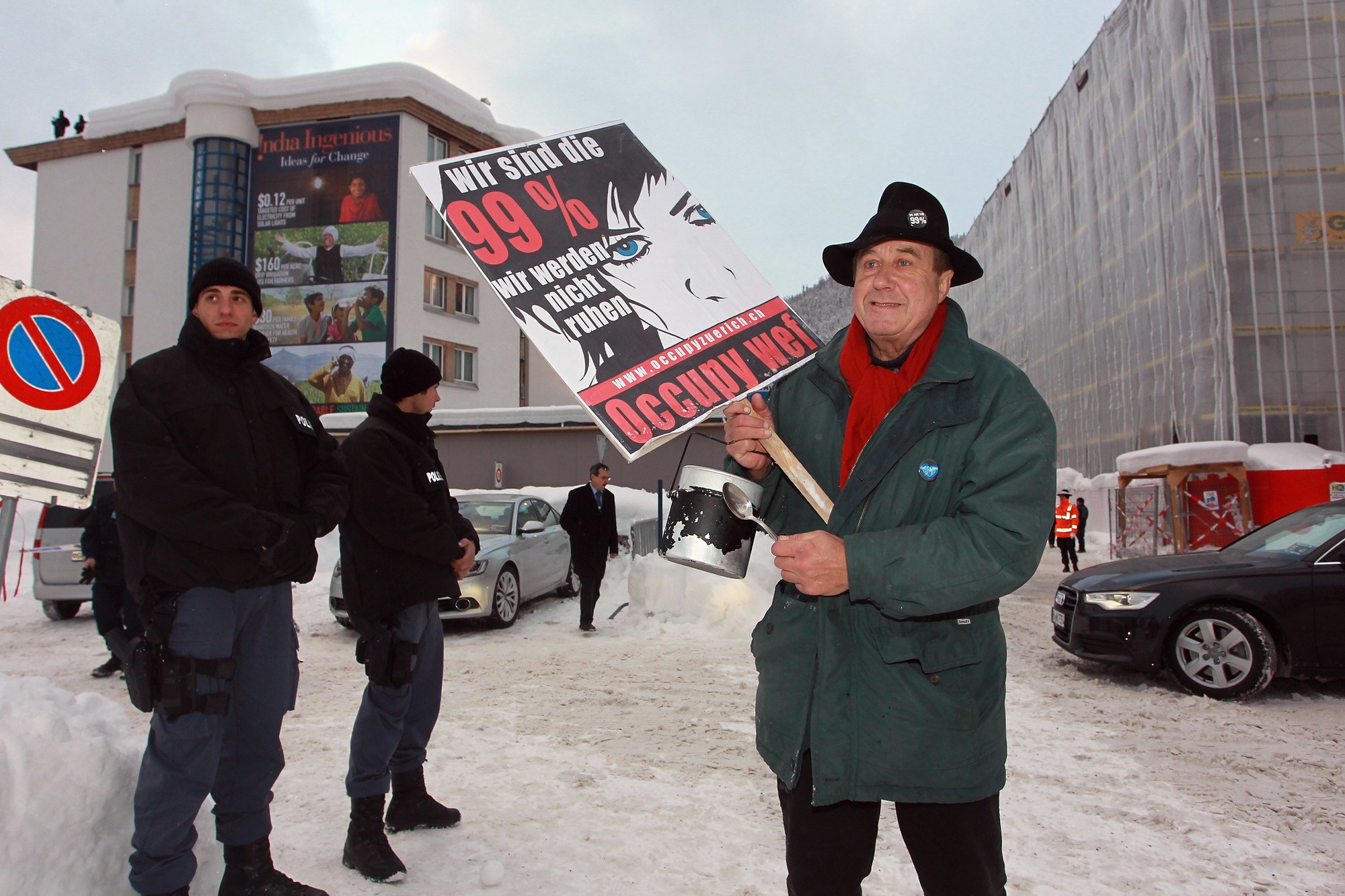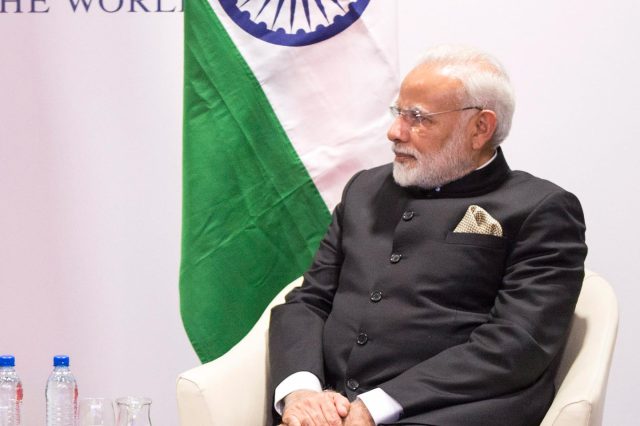Credit: Paul Chiasson/The Canadian Press/PA Images

To outside observers, Davos is simply a jolly for the super rich. Set amid snowy mountains, world leaders go there to rub shoulders with A-listers and money-makers and they all chat about how they might make the world a better place.
More than ever today, with public and political debate focusing ever more intensely on how wealth is created and shared, Davos seems like an outlier. For critics of capitalism and the Left generally, Davos is a convenient monster to attack. Its elite set of delegates are only paying lip service to the idea of improving the world; they are simply there to network and virtue signal.
And many of us on the Right share those concerns. We want to see a healthy, dynamic private sector, improving lives and providing better services. We all know that wealth creation from capitalism is the only way known to man of improving the lot of the poorest people on the planet. And seeing it discredited by the Davos circus, with Trump as the ringmaster, is a real challenge.
This year, though, in contrast with the loud posturing of the American President, there was one quiet voice bringing an important message. India’s Narendra Modi was there representing India for the first time in more than two decades. And he issued a strong call for global, liberal free trade to flourish.

I know India, since I created and grew a business there for 15 years, before entering Parliament. And, yes, it would be naive to say it doesn’t have staggering inequality. But it has, as I’ve seen first hand, enabled billions of the world’s poorest to benefit from sanitation, better infrastructure, education, jobs and rising living standards.
At Davos, Modi made it clear that this has not been achieved by pulling up the drawbridge and turning inwards in response to sweeping anti-globalisation sentiments. He knows leaders need to face the future together, embracing advances in technology and data sharing. And he is clear that it is only by having the courage to grasp these opportunities that poorer countries can benefit from shared trade, and investment from other nations. This investment drives innovation and solves problems. It provides better answers to age-old problems. And who is behind those investments? Capitalists and wealth-creators: the Davos crew.
Without the funds to invest in start ups, these new opportunities which are challenging and changing those old inequalities wouldn’t exist – which brings me neatly back to Switzerland. I can trace a strong line from Davos right to life’s realities in my constituency and the challenges I faced as an entrepreneur before coming into Parliament.
Davos is by no means perfect. And it knows its flaws – look at the way it is frantically trying to get more women involved this year. But it also has great power to effect change. As its 76-year-old founder Klaus Schwab says, “We have to recreate confidence in our future. Pessimism has become too much the zeitgeist of our time.” Over to those capitalists…









Join the discussion
Join like minded readers that support our journalism by becoming a paid subscriber
To join the discussion in the comments, become a paid subscriber.
Join like minded readers that support our journalism, read unlimited articles and enjoy other subscriber-only benefits.
Subscribe